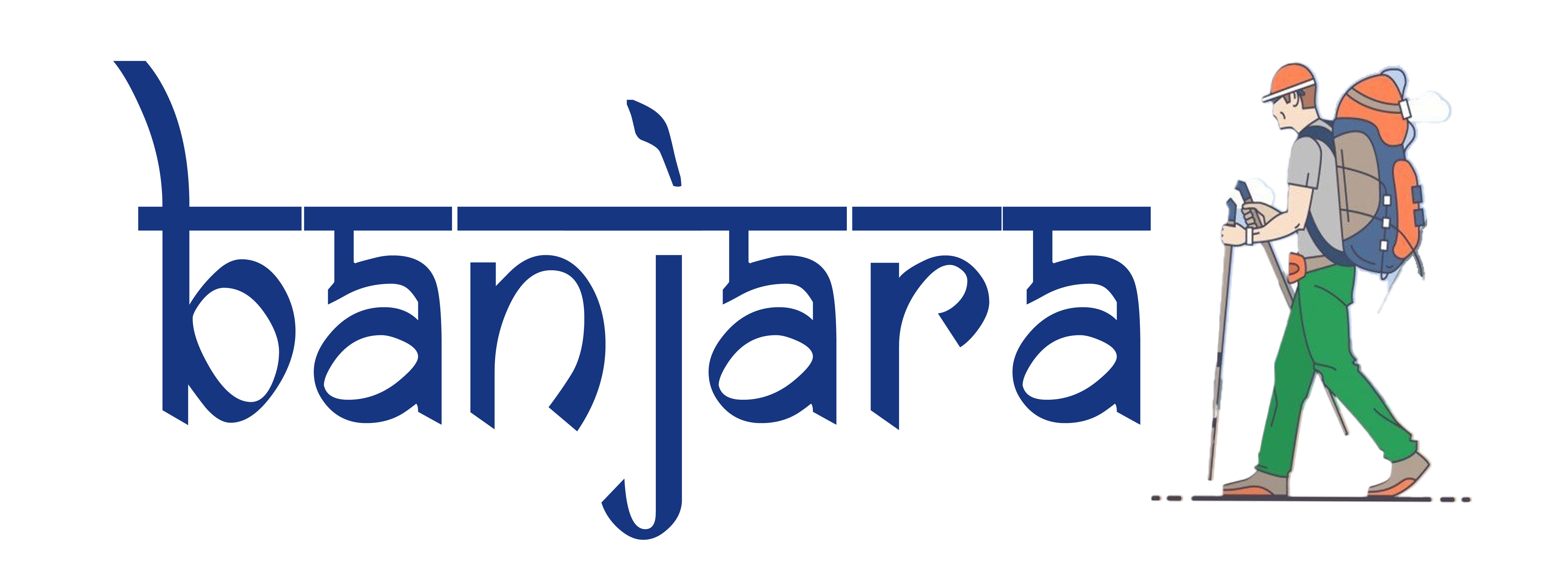India is experiencing an alarming rise in temperatures much earlier than usual, raising concerns about climate change, urban heat islands, and the preparedness of infrastructure to handle extreme weather. The scorching heat, which typically peaks in May and June, has begun setting records as early as February and March, disrupting daily life and posing severe health risks.
Early Heatwaves: A Sign of Climate Change?
India has always been known for its hot summers, but the intensity and early onset of heatwaves in recent years indicate a shifting climate pattern. According to meteorological reports, several regions have witnessed temperatures soaring above 40°C (104°F) months ahead of the usual peak season. This anomaly has been attributed to multiple factors, including:
- Global Warming: Rising greenhouse gas emissions have increased average global temperatures, leading to erratic weather patterns.
- Deforestation and Urbanization: Rapid deforestation and expanding concrete landscapes reduce green cover, trapping more heat and making cities unbearable.
- El Niño Effect: The periodic warming of the Pacific Ocean can intensify heatwaves, affecting global climate patterns, including India’s summer temperatures.
Impact on Agriculture and Water Supply
The premature heat is proving detrimental to India’s agricultural sector, especially wheat and vegetable crops that rely on cooler conditions to grow. Heat stress can reduce yield and quality, impacting food security and farmer livelihoods.
Water scarcity is another growing concern. Early summer-like conditions increase demand for water, putting additional pressure on already-depleting groundwater levels. Many states, particularly in north and central India, are experiencing severe water shortages, affecting drinking water supply and irrigation.
Health and Infrastructure Challenges
The rise in temperatures has direct consequences on public health. Increased cases of heat strokes, dehydration, and respiratory issues are being reported across the country. Vulnerable populations, including children, the elderly, and outdoor workers, face the highest risks.
Urban infrastructure, such as roads, railway tracks, and power grids, is also under stress due to extreme heat. Power demand surges as people rely on air conditioners and coolers, leading to frequent outages in many cities.
Mitigation and Adaptation Strategies
To combat this rising heat, India needs urgent climate-resilient strategies, including:
- Afforestation and Green Cover Expansion: Increasing tree plantations and green spaces in urban areas can help reduce heat absorption.
- Water Conservation Measures: Encouraging rainwater harvesting, reviving traditional water bodies, and promoting efficient irrigation methods can alleviate water shortages.
- Heat Action Plans: Cities must implement heatwave preparedness plans, including public awareness campaigns, cooling shelters, and emergency medical support.
- Sustainable Urban Planning: Using heat-reflective materials in construction, promoting rooftop gardens, and ensuring better ventilation in buildings can make cities more livable.
Conclusion
India’s early and extreme heatwaves are a stark reminder of the urgent need to address climate change and environmental degradation. While short-term measures can help mitigate immediate risks, long-term policies focusing on sustainability, green energy, and climate resilience are crucial to ensuring a habitable future. If left unchecked, these rising temperatures will continue to threaten lives, livelihoods, and the overall well-being of the nation.
What Can You Do?
Individuals can also play a role by planting trees, reducing energy consumption, and spreading awareness about heat-related illnesses. Staying hydrated, avoiding direct sunlight during peak hours, and using eco-friendly cooling methods can help withstand the rising temperatures safely.




